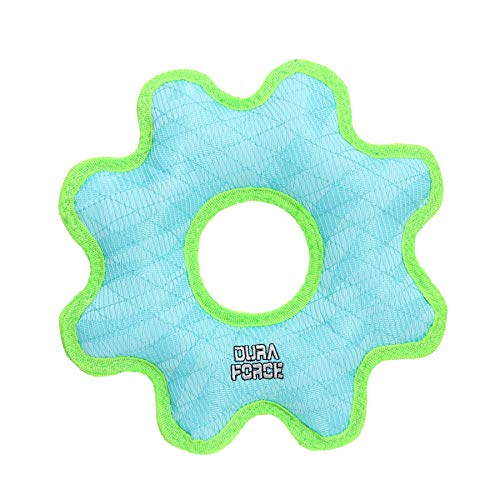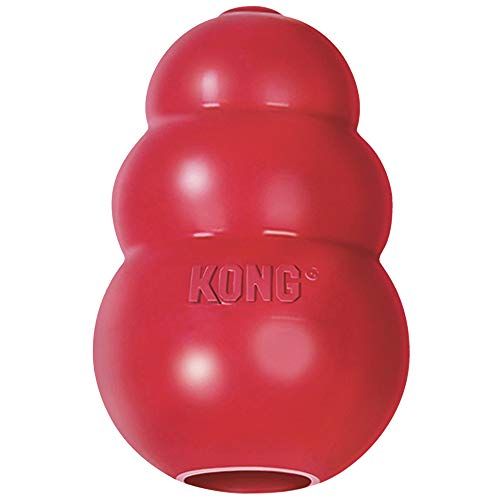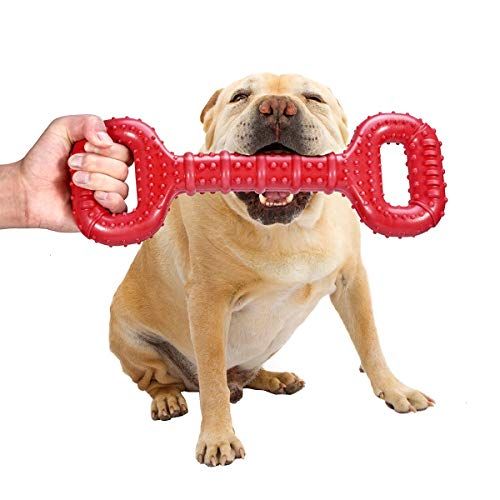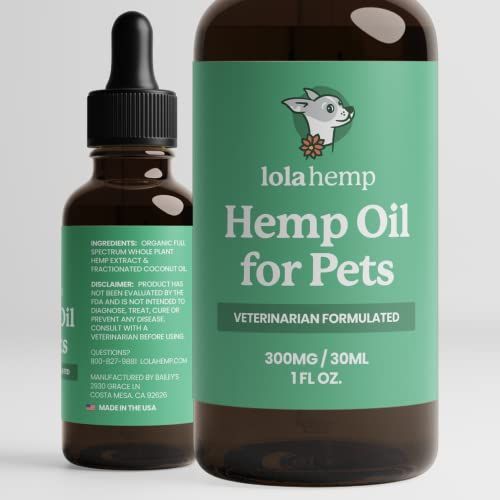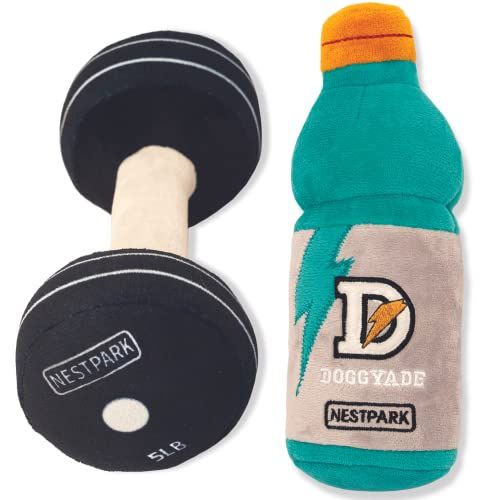Boost Your Dog's Immunity: Effective Tips & Strategies
Our four-legged friends' health is as important as ours, and their immune system plays a vital role in ensuring they live a long, vibrant life. Just like in humans, a dog's immune system is its first line of defense against disease and infection. But what can you do to boost your dog's immunity? This guide will explore various strategies and practical tips to improve your canine companion's immune health, from dietary improvements to beneficial lifestyle changes. Be ready to embark on a journey of pet wellness that will not only enhance your dog's life but also deepen the bond you share with your furry friend.
One of the most profound ways we show our love for our pets is by keeping them in the best health possible. When it comes to a dog's health, their immune system plays a critical role. It's responsible for protecting them from viruses, bacteria, parasites, and other harmful elements. Consequently, ensuring that your dog has a strong and healthy immune system is essential.
Let's delve into how you can boost your dog's immune system.
Diet and Nutrition
One of the most critical aspects of boosting a dog's immune system is its diet. What your dog consumes daily directly impacts their health and immune function. Feeding your dog a balanced and nutritious diet will equip their immune system with the necessary components to fight off disease and infection.
Consider a diet filled with whole, unprocessed foods. Lean meats, vegetables, and fruits are excellent sources of the nutrients that dogs require. These include antioxidants like Vitamins A, C, E, and selenium that help protect the immune system. Omega-3 fatty acids, commonly found in fish oil, are known to have immune-boosting properties. Probiotics found in yogurts and other fermented foods can promote a healthy gut, which is essential for proper immune function.
Avoid feeding your dog processed foods with artificial colors, preservatives, and fillers as they may harm the immune system. Instead, focus on providing natural, high-quality commercial pet food, or consider homemade meals if you're knowledgeable about canine nutrition.
Regular Exercise
Regular exercise is another crucial aspect of maintaining a robust immune system. Exercise aids in the proper circulation of immune cells throughout your dog's body, making it easier for the immune system to carry out routine checks and destroy any detected pathogens. It also helps control weight, improve cardiovascular health, and maintain muscle mass, all contributing to overall health and immune function.
The exercise needs vary from dog to dog, based on their age, breed, and health status. Typically, a daily walk and some playtime should suffice for most dogs. However, some breeds have higher energy levels and might need more intense exercise. Always consult with your veterinarian to establish an exercise routine that is appropriate for your dog.
Regular Vet Check-ups
Regular veterinary check-ups are essential to ensure your dog is in optimal health. Veterinarians can detect early signs of illness and provide treatment before it becomes a serious problem. Routine blood tests, physical exams, dental checks, and vaccinations all contribute to keeping your dog's immune system strong.
These check-ups also offer an opportunity for your dog to be dewormed and receive treatments for ticks and fleas, which can carry diseases that affect the immune system. Depending on your location and your dog's lifestyle, your vet might also recommend specific vaccinations.
Good Mental Health
Just like in humans, a dog's mental health can impact their physical health. Chronic stress or anxiety in dogs can lead to a suppressed immune system, making them more susceptible to diseases. Ensuring that your dog is mentally stimulated and happy can thus contribute to a healthier immune system.
Provide your dog with plenty of playtime, affection, and positive reinforcement. Training your dog can also offer mental stimulation. If you notice signs of anxiety or stress in your dog, such as destructive behavior or excessive barking, consider consulting with a vet or a pet behaviorist.
Sufficient Rest
Sufficient rest is as important for dogs as it is for humans. It allows the body to recover and rebuild, contributing to a strong immune system. Ensure your dog has a quiet and comfortable place to rest and that they get enough sleep. Puppies and older dogs usually require more sleep than adult dogs.
Remember, the quality of sleep matters too. Try to minimize disturbances during your dog's rest time, and follow a consistent daily routine to help regulate their sleep-wake cycle.
Proper Hygiene
Maintaining your dog's cleanliness can also contribute to a healthier immune system. Regular grooming, including brushing their teeth, combing their fur, and keeping their living area clean, can prevent the onset of diseases.
To wrap it up, boosting your dog's immune system is a holistic process that includes a healthy diet, regular exercise, veterinary care, good mental health, adequate rest, and proper hygiene. It's a continuous commitment, but the reward is a happier, healthier, and more vibrant furry friend.
Find out more: how can i boost my dogs immune system



